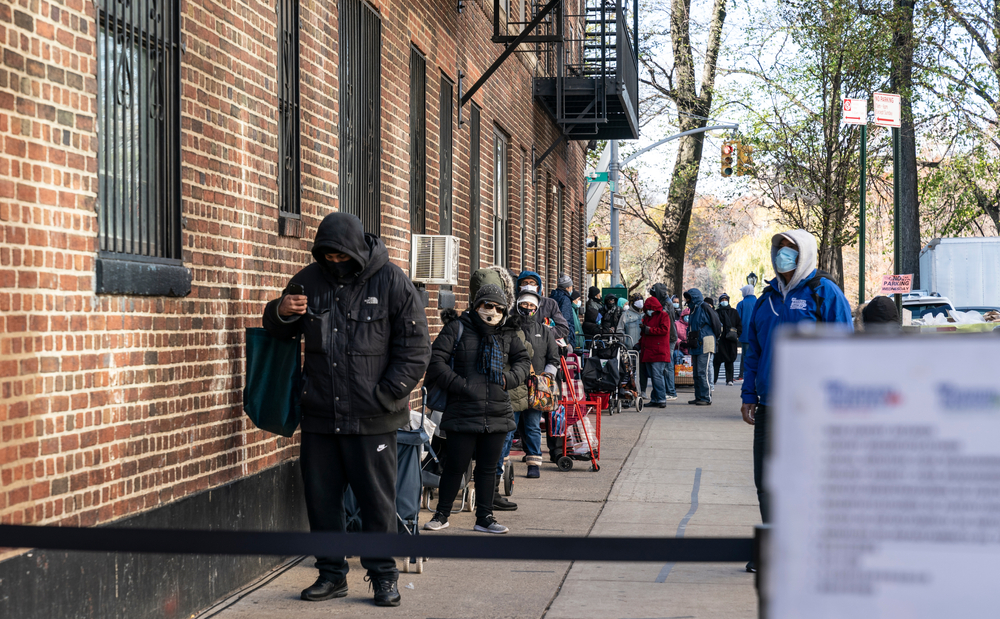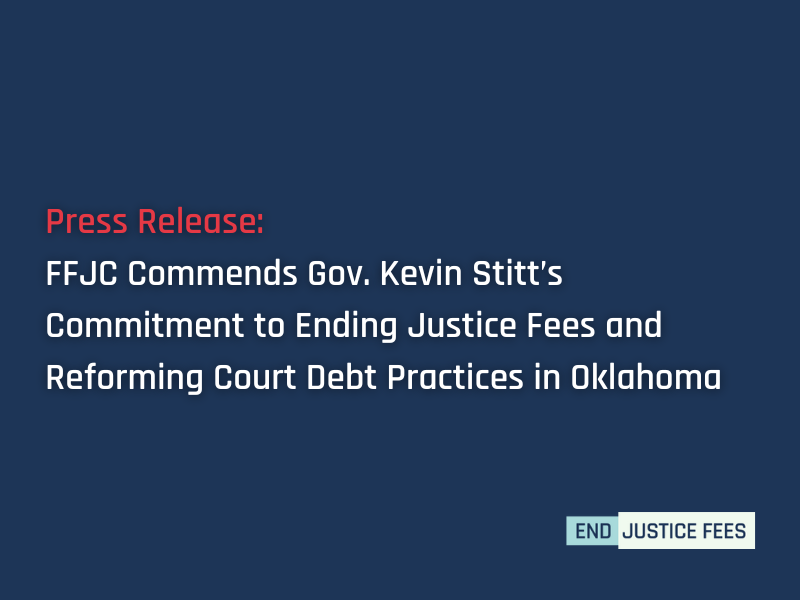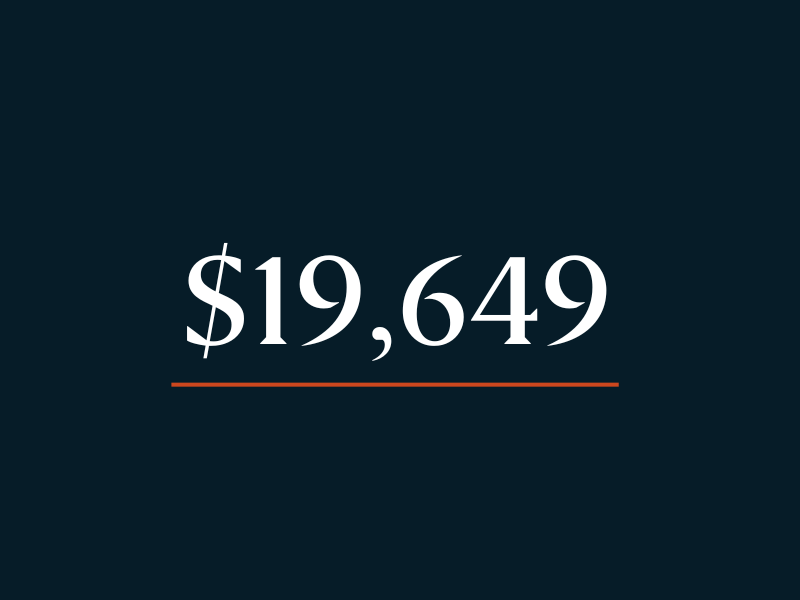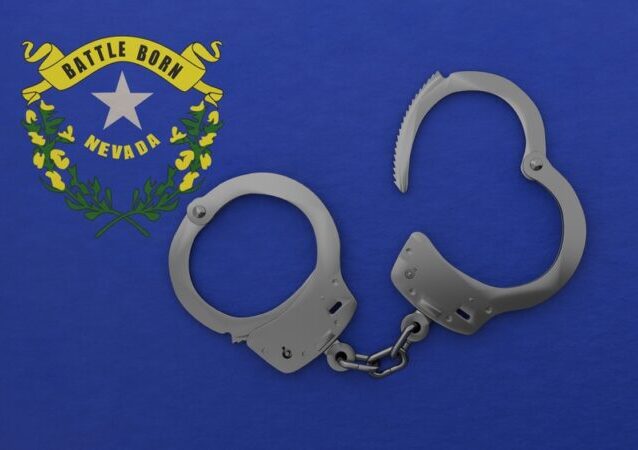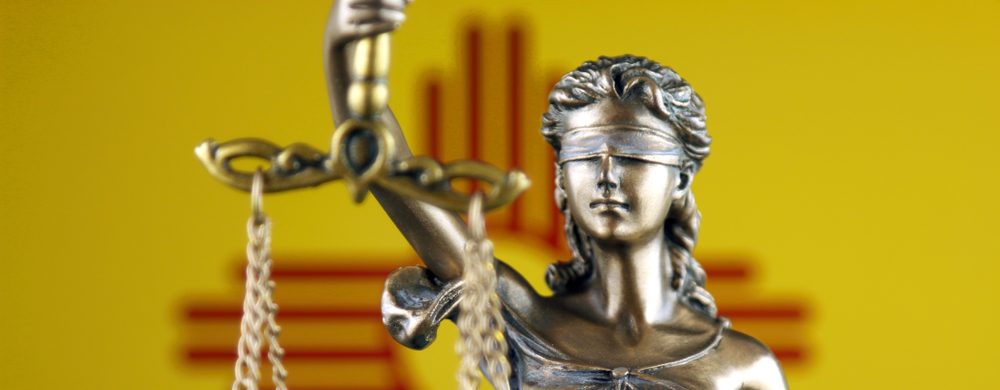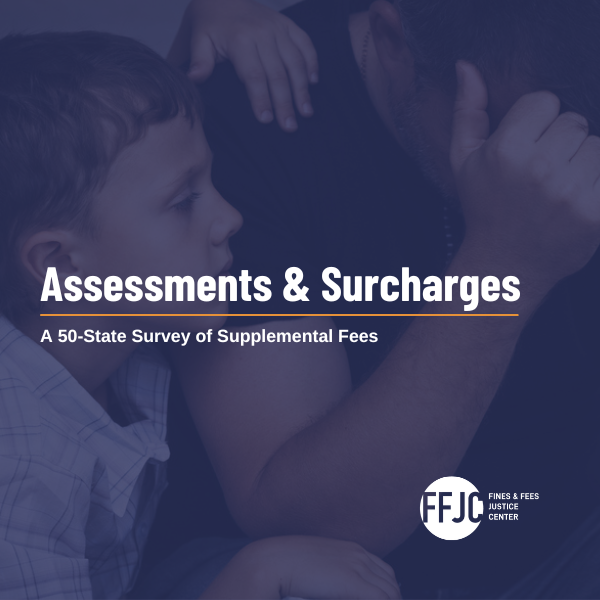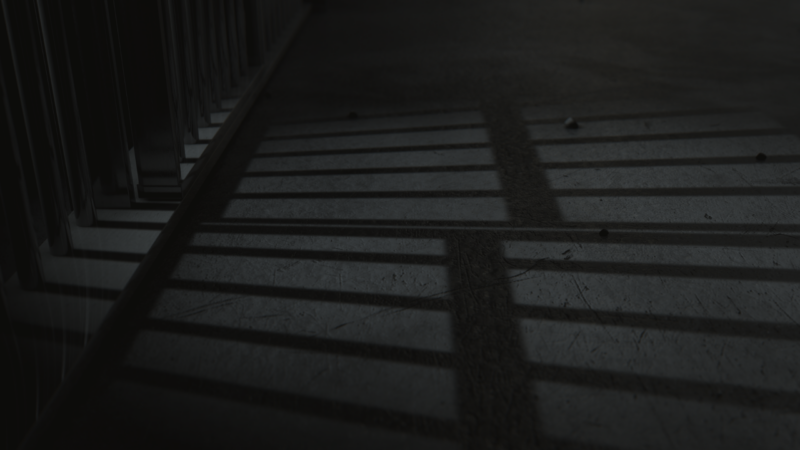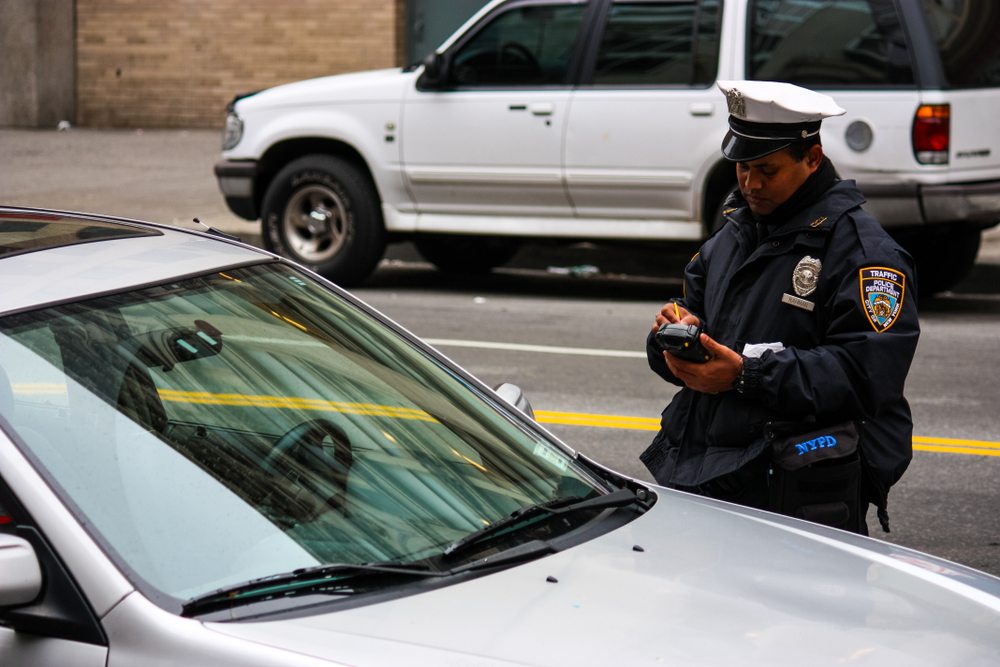By Yuh-Line Nou, New York State Assemblymember and Julia Salazar, New York State Senator
New York’s historic new law to tax millionaires is a critical step forward in undoing the generational damage caused by decades of austerity budgets and disinvestment in Black and brown communities. But while we fight to ensure the wealthy pay their fair share, we must also end the war on the poor.
Since the 1980s, New York has increasingly turned to police, prosecutors and judges to generate revenue. We’ve dramatically increased the number and amount of fines and fees imposed on people for everything from minor traffic and municipal code violations to misdemeanors and felonies — and used draconian tactics to collect them.
Fines are financial penalties governments use to punish people convicted of various offenses, most commonly for traffic tickets. People with money can easily pay their way out of punishment. Those who can’t afford to pay risk additional fees, arrest, and even jail time. Fees or surcharges are extra costs that the government attaches to every conviction. Fees exist only to raise money for state and local governments.
New Yorkers who can’t afford to pay fines and fees live in fear of being arrested and jailed. For Black and Latinx New Yorkers — who are significantly more likely to be stopped, questioned, frisked, and issued summonses by police — that fear often becomes reality.
New York’s top predatory fee is the mandatory surcharge, which is tacked on to every conviction from minor violations to felonies. Under current law, courts cannot waive or reduce these fees or surcharges — or even consider your ability to pay them. Depending on the type of conviction, a single surcharge can amount to hundreds of dollars.
Since mandatory fees were first introduced in New York in the 1980s, lawmakers have repeatedly increased them at a rate far outpacing inflation . New York doesn’t even keep records on how the government assesses, collects, and distributes the money it gets from fines and fees, in violation of a law requiring it to do so.
This hidden, regressive system of taxation is now entrenched in the state budget and in municipal budgets across New York. But it doesn’t need to be: Policymakers have many more equitable and efficient ways of raising revenue at their disposal, including taxing the wealthy, which we did in this year’s state budget.
Last year, California raised the bar for fines and fees reform by enacting legislation that ended the collection of 23 fees charged to people in the criminal legal system — such as fees for public defenders, booking fees, and probation and parole fees — while forgiving $16 billion in outstanding court debt.
For our communities to prosper, we must dramatically reduce our state’s dangerous reliance on court fines and fees. That’s why we introduced and are fighting to pass the End Predatory Court Fees Act. This legislation would eliminate court, parole and probation fees, mandatory minimum fines, incarceration on the basis of unpaid fines and fees, and garnishment of jail and prison commissary accounts for unpaid fines and fees.
Harsh policing of minor violations — driven by governments’ dependence on fines and fees money — does not lead to greater public safety. Relying on fines and fees is also bad economic policy and a wildly regressive and inefficient way to raise revenue. We’re wasting money to chase money that doesn’t exist — a lose-lose situation both for vulnerable New Yorkers and for the state’s bottom line.
New York’s counterproductive fines and fees have trapped millions of residents in a vicious cycle of debt and criminalization. The End Predatory Court Fees Act is an urgently needed step toward ending New York’s dangerous reliance on this toxic revenue source.
This piece originally appeared in the The Times Union

